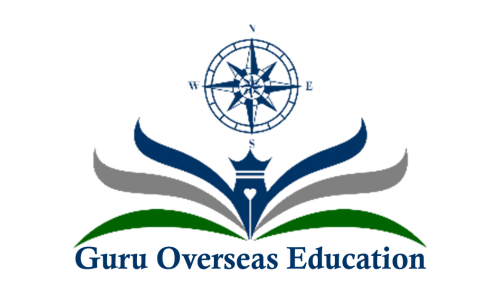South Africa boasts breathtaking natural landscapes and a rich cultural heritage, making it a standout destination for students. With its prestigious universities and lively social atmosphere, it offers an exceptional blend of academic excellence and cultural diversity, providing an ideal setting for those pursuing quality education in a vibrant, dynamic environment.
Reasons to Study in Australia
World-Class Education: South Africa’s universities are globally recognized for their academic excellence and impactful research.
Affordable Tuition: Offering top-tier education at a fraction of the cost compared to many other countries, South Africa is a cost-effective option for students.
Cultural Diversity: With its vibrant, multicultural society, South Africa offers an enriching and welcoming experience for international students.
Varied Programs: From engineering to the humanities, South Africa provides a wide range of programs that align with global career needs.
English-Taught Courses: Most universities use English as the primary language of instruction, ensuring accessibility for international students.
Scholarship Opportunities: A variety of scholarships and funding options are available to help international students finance their studies.
Stunning Natural Wonders: Students can explore South Africa’s breathtaking landscapes, including safaris, beaches, and mountains.
Post-Graduation Work Options: International students can take advantage of work opportunities in South Africa’s growing industries after completing their studies.
45K+
International Students
70%
Employability Rate
25
Universities
100+
Scholarships
2 Years
Work Visa
85%
Visa Approval Rate
An Overview of South Africa’s Comprehensive Education System
South Africa’s education system combines academic excellence, affordable tuition, and cultural richness. It is a gateway to career success, offering students opportunities to thrive in both local and international markets.
1. Undergraduate Degrees
Bachelor’s programs generally takes 3-4 years, providing foundational and specialized knowledge.
2. Postgraduate Degrees
Master’s programs generally last 1–2 years, with a focus on research and practical skills.
3. Doctoral Degrees
PhD programs span 3–5 years emphasizing innovation and research excellence.
4. International Accreditation
Many South African universities are accredited by global organizations, ensuring the international validity of degrees.
South Africa Top Universities
Tuition fees in South Africa are affordable, with undergraduate programs costing between ZAR 35,000 and ZAR 75,000 annually. Master’s and doctoral programs range from ZAR 40,000 to ZAR 100,000 per year, depending on the university and program. Scholarships can significantly reduce these costs.
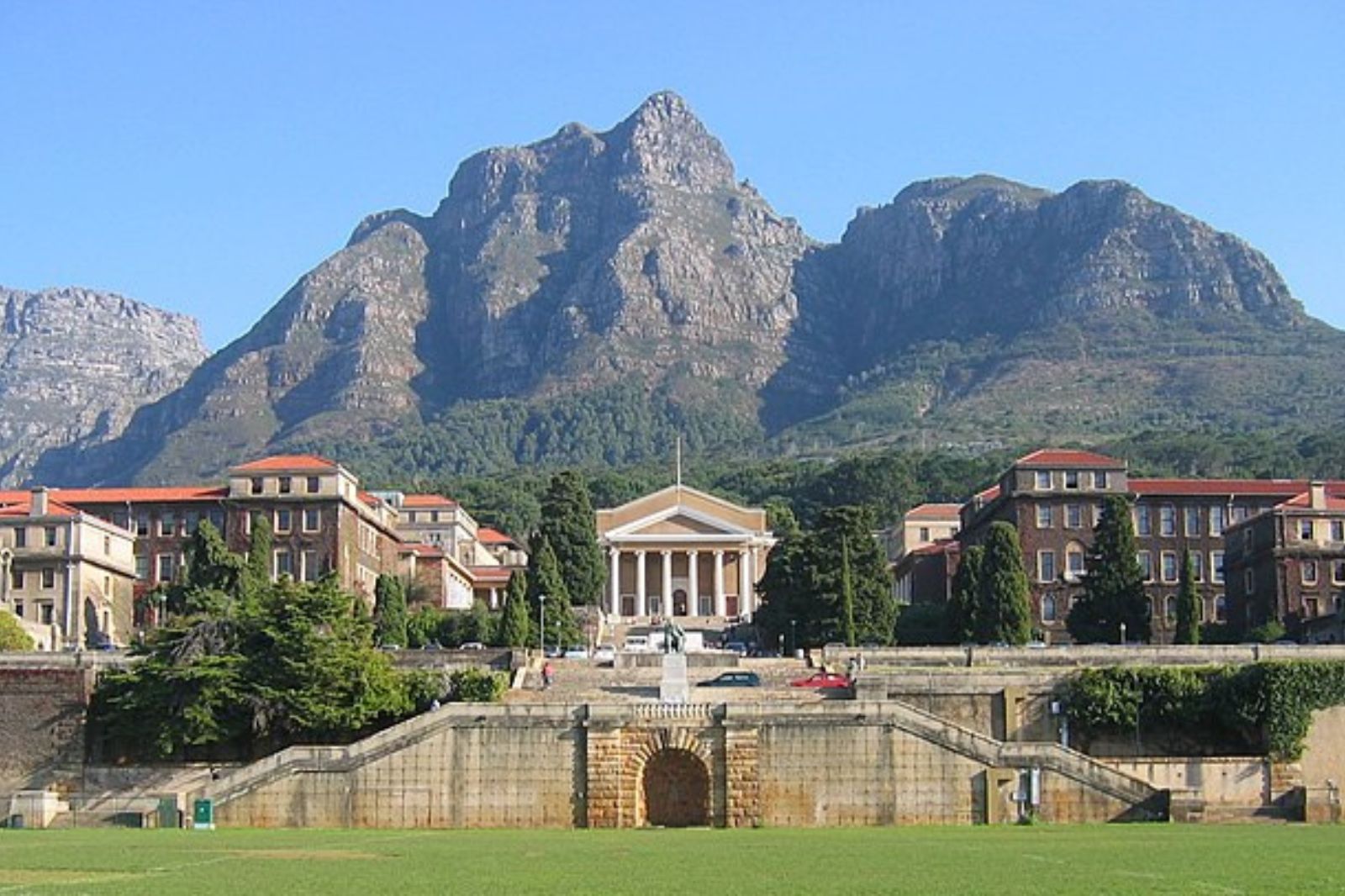
University of Cape Town
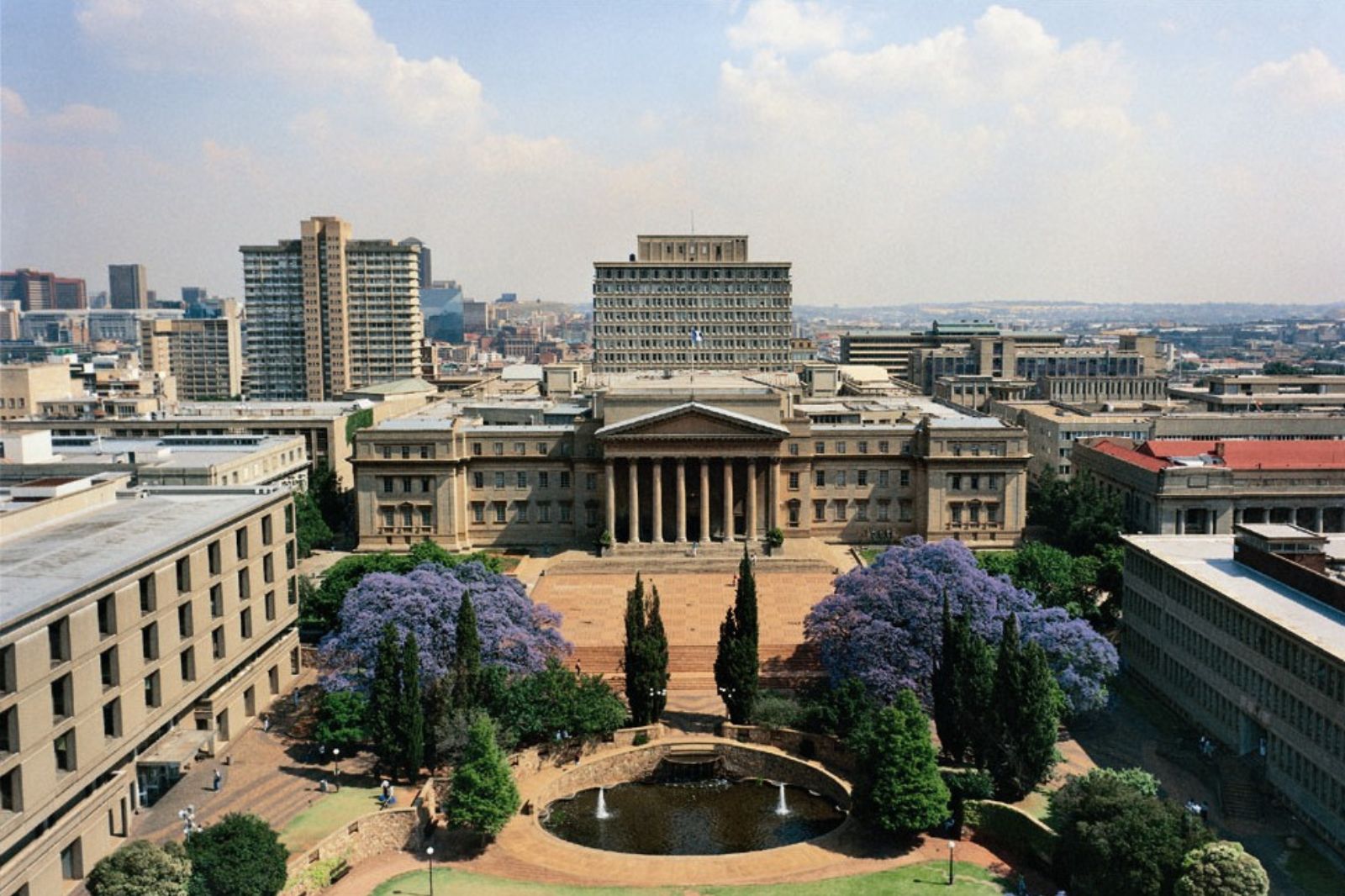
University of Witwatersrand
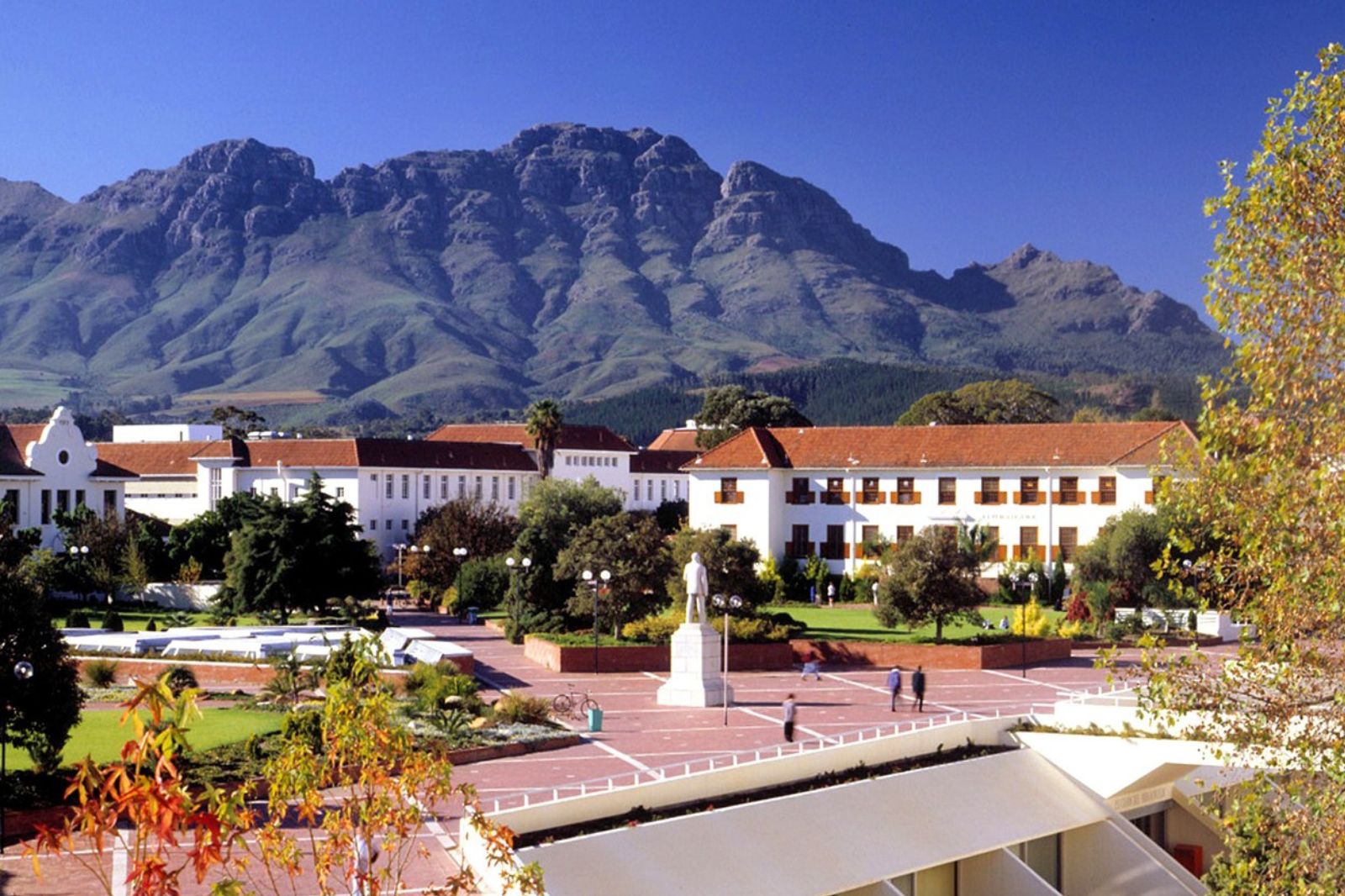
Stellenbosch University
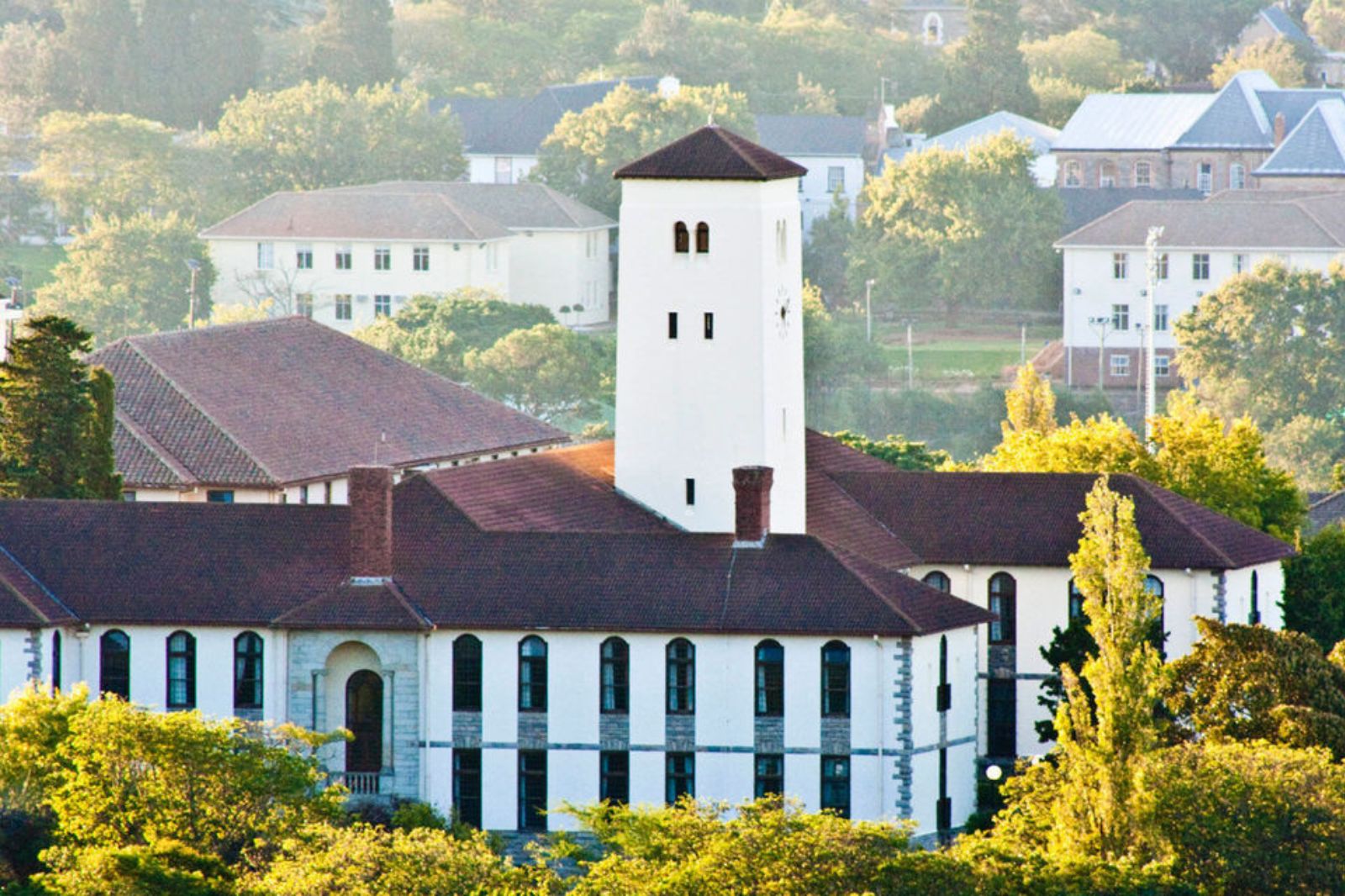
Rhodes University
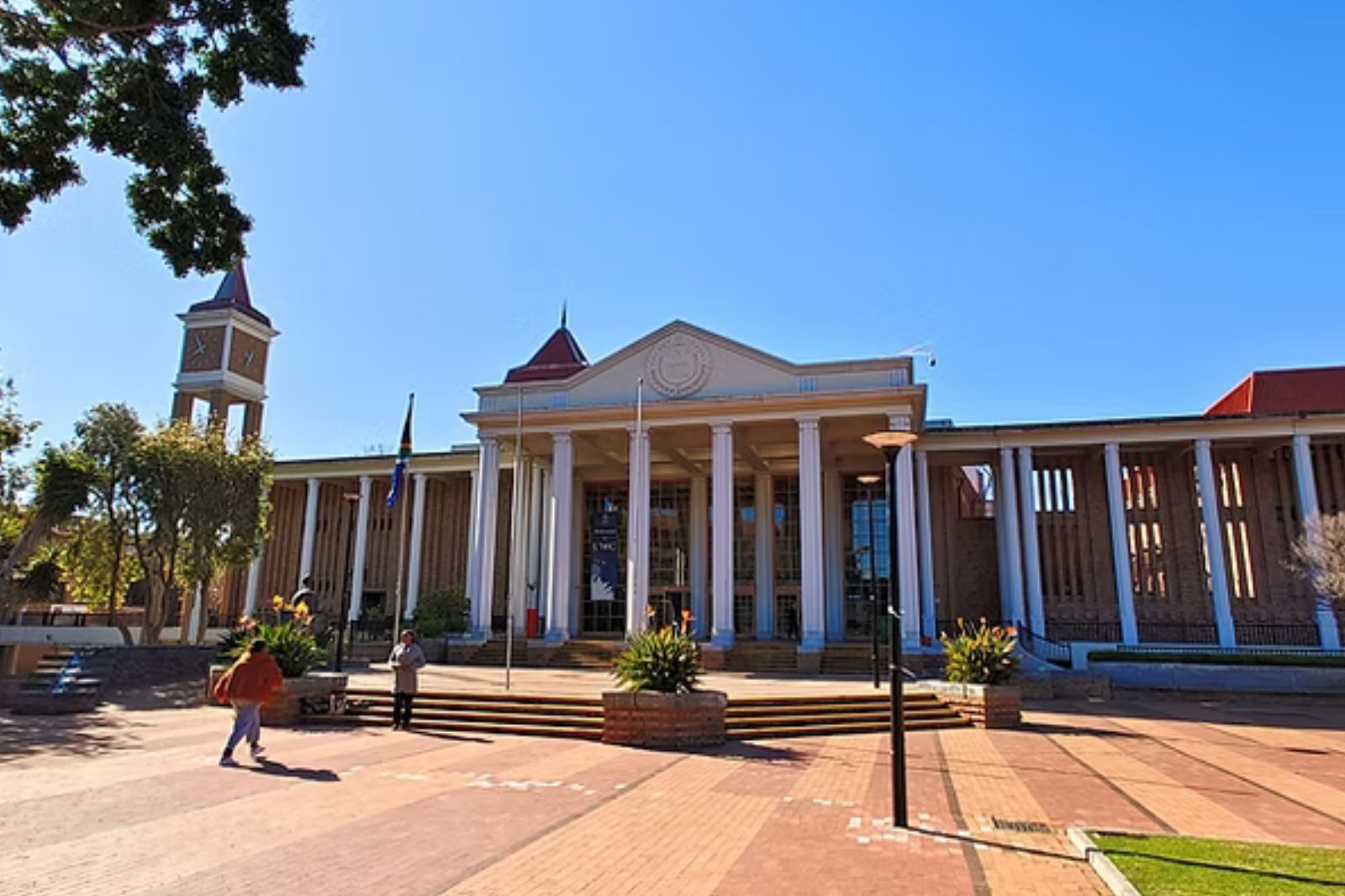
University of the Western Cape
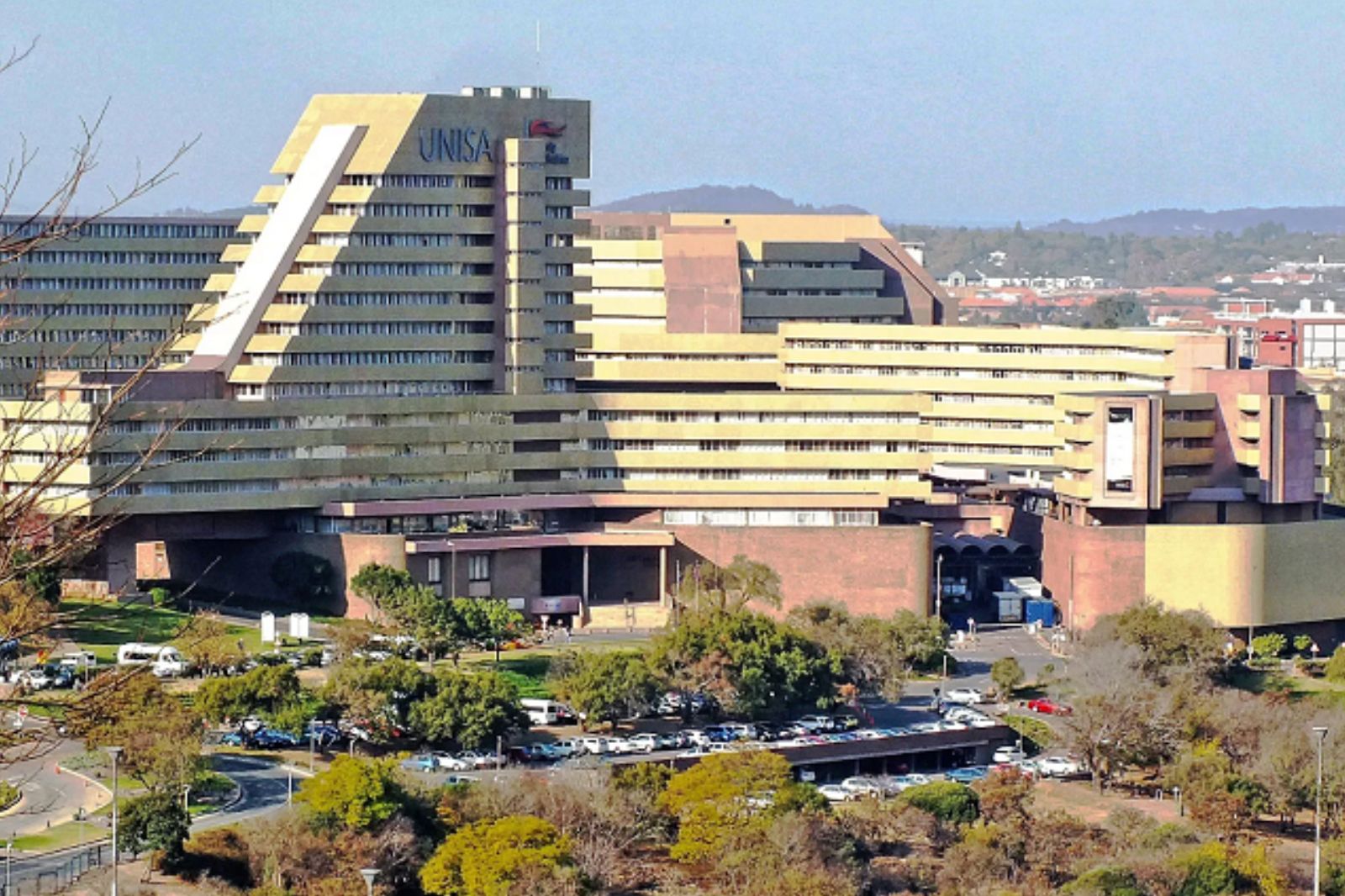
University of South Africa
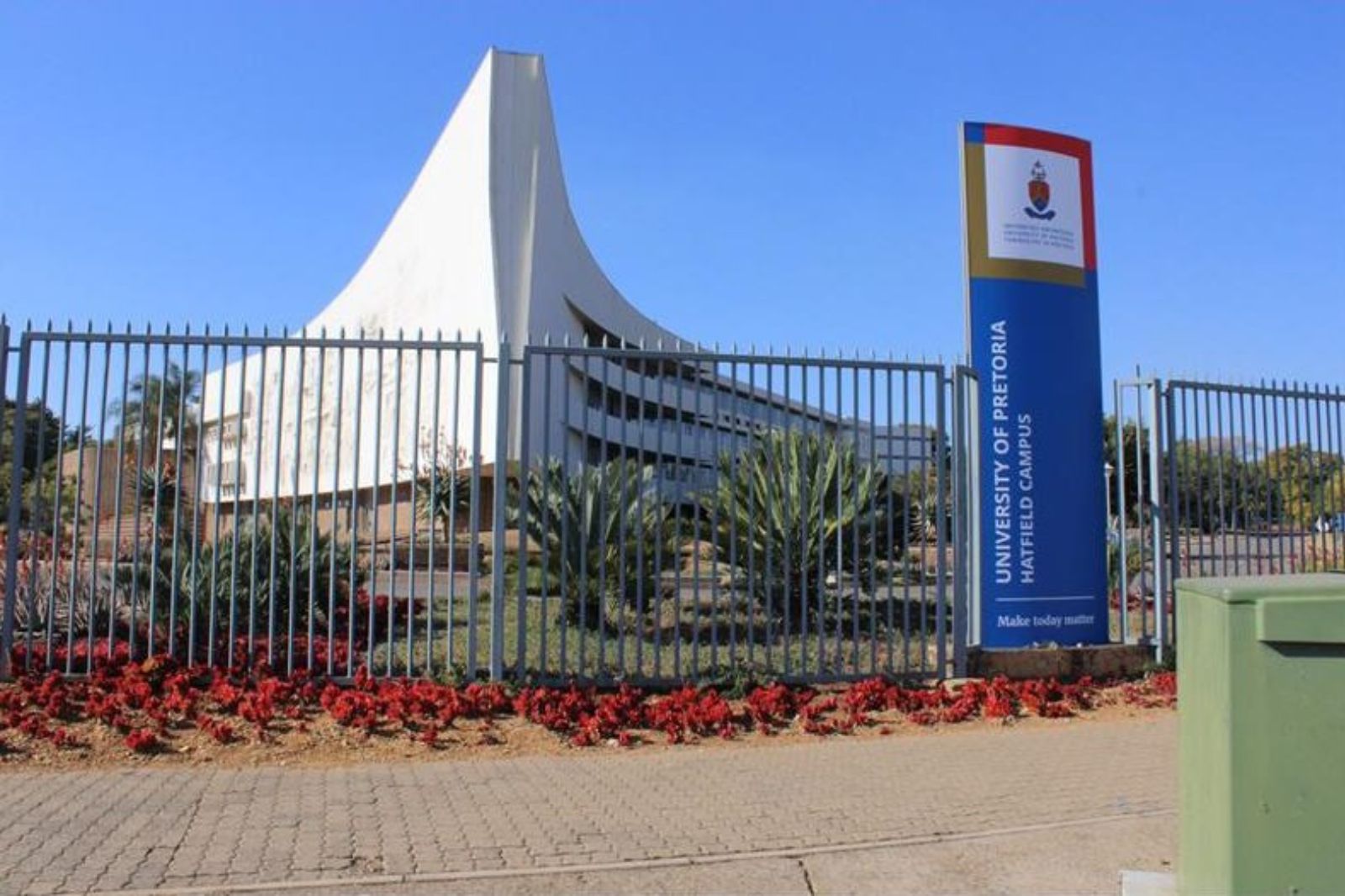
University of Pretoria

University of KwaZulu-Natal
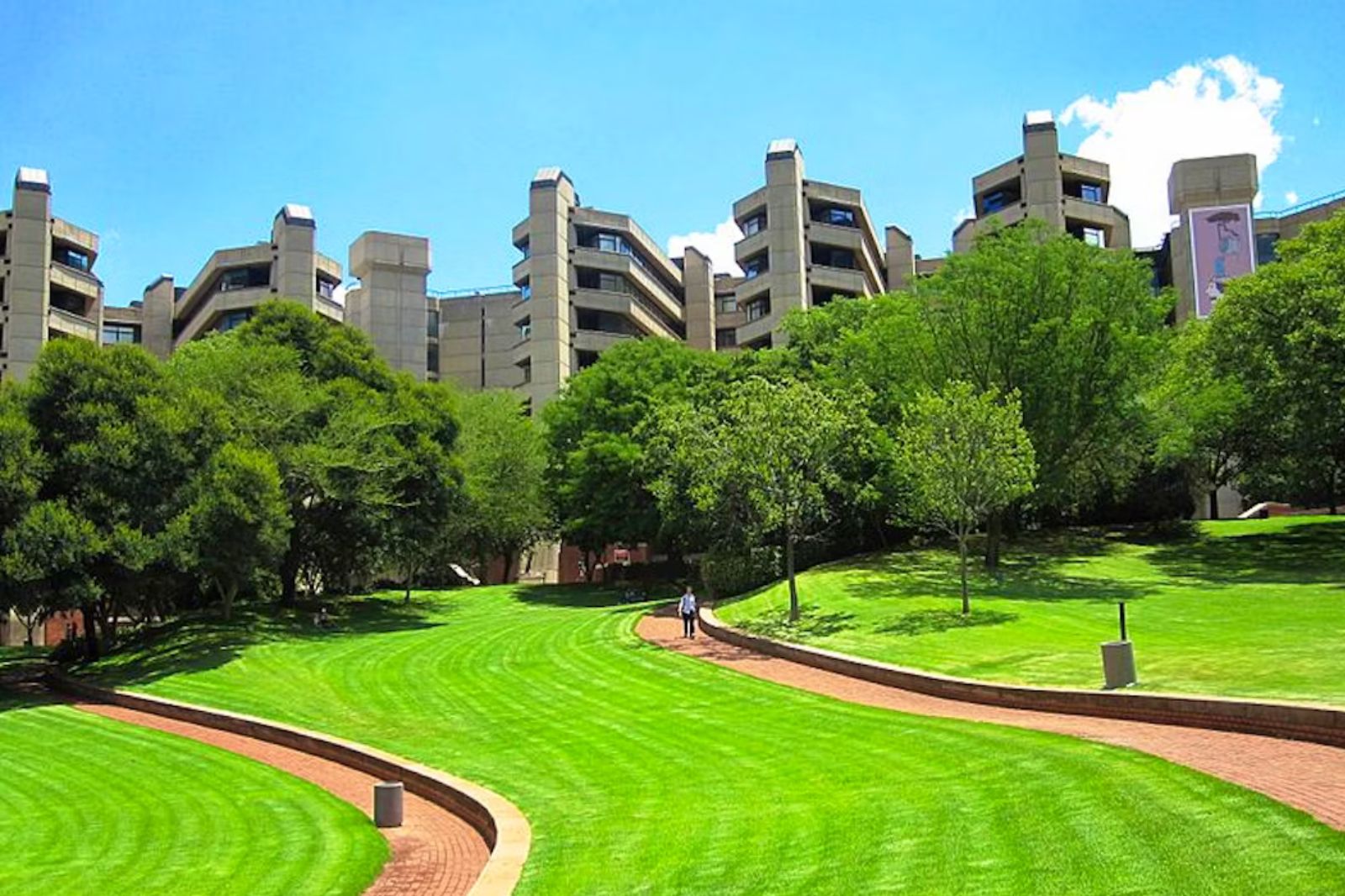
University of Johannesburg
Study in South Africa
These programs are designed to equip students with practical skills, theoretical knowledge, and global perspectives.
Business Management
Covers fields like accounting, marketing, and entrepreneurship, preparing students for roles in global business environments.
Engineering and Technology
Offers specializations such as civil, electrical, and software engineering, focusing on innovation and real-world applications.
Health and Medicine
Includes nursing, public health, and medicine, providing top-notch facilities for clinical training and research.
Arts and Humanities
Encompasses history, literature, and creative arts, fostering critical thinking and cultural understanding.
Social Sciences
Explores psychology, sociology, and political science, addressing societal challenges and global issues.
Information Technology
Focuses on data science, AI, and cybersecurity, equipping students for careers in the tech-driven economy.
Natural Sciences
Covers biology, physics, and environmental sciences, emphasizing research and problem-solving in scientific fields.
Law and Legal Studies
Specializes in corporate, international, and human rights law, preparing students for diverse legal careers.
Education and Teaching
Focuses on early childhood, primary, and secondary education, training future educators.
Agriculture and Environmental Sciences
Addresses sustainable farming, forestry, and climate challenges, blending theory and practice.
Architecture and Design
Offers urban planning, interior design, and architecture, fostering creativity and technical expertise.
Media and Communication
Includes journalism, PR, and digital media, preparing students for dynamic communication roles.
Cultural and Social Life
South Africa offers a vibrant cultural experience, with diverse communities and a lively student atmosphere. Tanzanian students can enjoy a warm and welcoming environment, delicious cuisine, and a variety of extracurricular activities, including sports, music, and outdoor adventures.
Estimated Monthly Living Expenses
South Africa offers an affordable cost of living, with reasonable accommodation and daily expenses. Students benefit from affordable public transportation, low utility costs, and access to quality healthcare services.
$ 150+
Accomodation
$ 125+
Food and Groceries
$ 30
Transport
$ 80+
Utilities
$ 30+
Student Health Cover
$ 125+
Other Expenses

Frequently Asked Questions
To study abroad, you typically need a valid passport, academic transcripts, an admission letter, proof of English proficiency (e.g., IELTS, TOEFL), and financial evidence to support tuition and living expenses.
Guru Overseas Education guides students through the entire study abroad process, including university selection, application submission, visa assistance, and pre-departure preparations for their chosen destination.
Yes, many universities abroad offer scholarships based on merit or financial need. Guru Overseas Education provides guidance on finding and applying for these opportunities. Additionally, we offer short-term financial support options to assist students in covering initial expenses.
Yes, international students are generally allowed to work part-time, usually up to 20 hours per week during academic terms and full-time during breaks, depending on the regulations of the country where they are studying.

Get Best Universities and Colleges
Guru Overseas Education is your trusted gateway to international education, empowering Tanzanian students to explore world-class learning opportunities, broaden their horizons, and transform their future through professional guidance and comprehensive support across 20+ global destinations.

